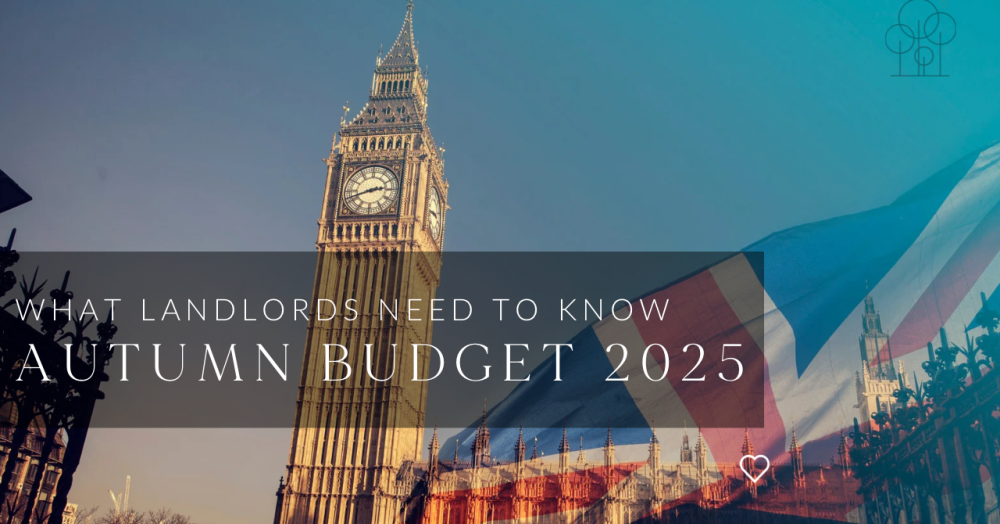Rather than singling out landlords, the changes form part of a wider restructure of investment-related taxation. Below is a clear, factual and reassuring summary of the parts most relevant to landlords, and how Love Property can support you through them.
Dear Landlord,
Budget 2025 did not introduce dramatic changes for the property sector, but it did confirm a broader shift in how the government intends to treat income that doesn’t come from employment including rental income, savings interest and dividends.
⸻
1. Tax on Property Income Will Increase from April 2027
The government has announced that from April 2027, tax rates on property income, savings interest and dividends will each increase by 2 percentage points (Source: Reuters summary of Budget 2025 announcements).
For landlords, this means rental profit (after allowable expenses) will be taxed slightly higher the same way savings and investment returns will be.
Key points:
• This is not a landlord-specific tax.
• It applies to a range of non-employment income categories.
• It begins in 2027, giving plenty of time to plan.
• The impact varies depending on mortgage interest, expenses and portfolio structure.
We can’t give tax advice, but we can ensure all your documentation, statements and compliance records are organised and accurate so your accountant can plan efficiently with you.
⸻
2. A More Stable Tenant Base Supports Long-Term Income
The Budget includes continued support for household finances particularly energy-cost relief and measures aimed at working families.
This may help improve overall tenant stability, which can benefit landlords through:
• fewer arrears issues
• more reliable rent payments
• stronger long-term tenancies
For anyone focused on long-term investment, stability is welcome.
⸻
3. A Professionalised Rental Sector Continues to Benefit Good Landlords
Budget 2025 works in tandem with the Renters’ Rights Act, which comes into force from 2026, raising overall standards across the private rented sector.
This more structured environment rewards:
• well-maintained properties
• reliable compliance
• strong documentation
• professional management
Landlords with organised, well run portfolios are in the strongest position as the sector continues to mature.
⸻
4. Local and Regional Investment Will Continue to Support Demand
The Budget maintains investment in infrastructure and public services.
Over time, this can help:
• stimulate local employment
• support housing demand
• strengthen rental markets
While these effects are gradual, the direction is positive for landlords with well-located properties.
⸻
5. Why Professional Management Matters More Than Ever
As the regulatory and financial landscape evolves, landlords who self-manage may find the compliance and documentation burden increasingly time-consuming.
Working with a proactive agent like Love Property ensures:
• full compliance with the Renters’ Rights Act
• clear documentation for tax planning
• structured rent reviewsSal
• transparent tenant management
• fewer voids
• reduced risk of penalties or disputes
Our role is to protect your time, your asset and your income, especially as the sector modernises.
⸻
Join Us: Landlord Information & Networking Evening
To help you make sense of the Budget changes alongside the Renters’ Rights Act, we’re hosting an informal information and networking evening:
📅 Wednesday 3rd December
⏰ 5:30pm – 8:30pm
📍 Love Property HQ, 18 Richmond Road, Catterick Garrison, DL9 3JA
You’ll have the chance to:
• meet other local landlords
• hear clear guidance on upcoming changes
• ask questions
• and speak with industry professionals, including advisers and assessors
If you’d like to attend, simply
click here to reserve your place.
⸻
We’re Here to Support You Through Every Change
If you’d like help preparing for the 2027 tax changes, understanding the Renters’ Rights Act, or arranging a free compliance audit, we’re here whenever you need us.
Warm regards,
Love Property
01748 834373
lets@lovepropertyuk.co.uk

